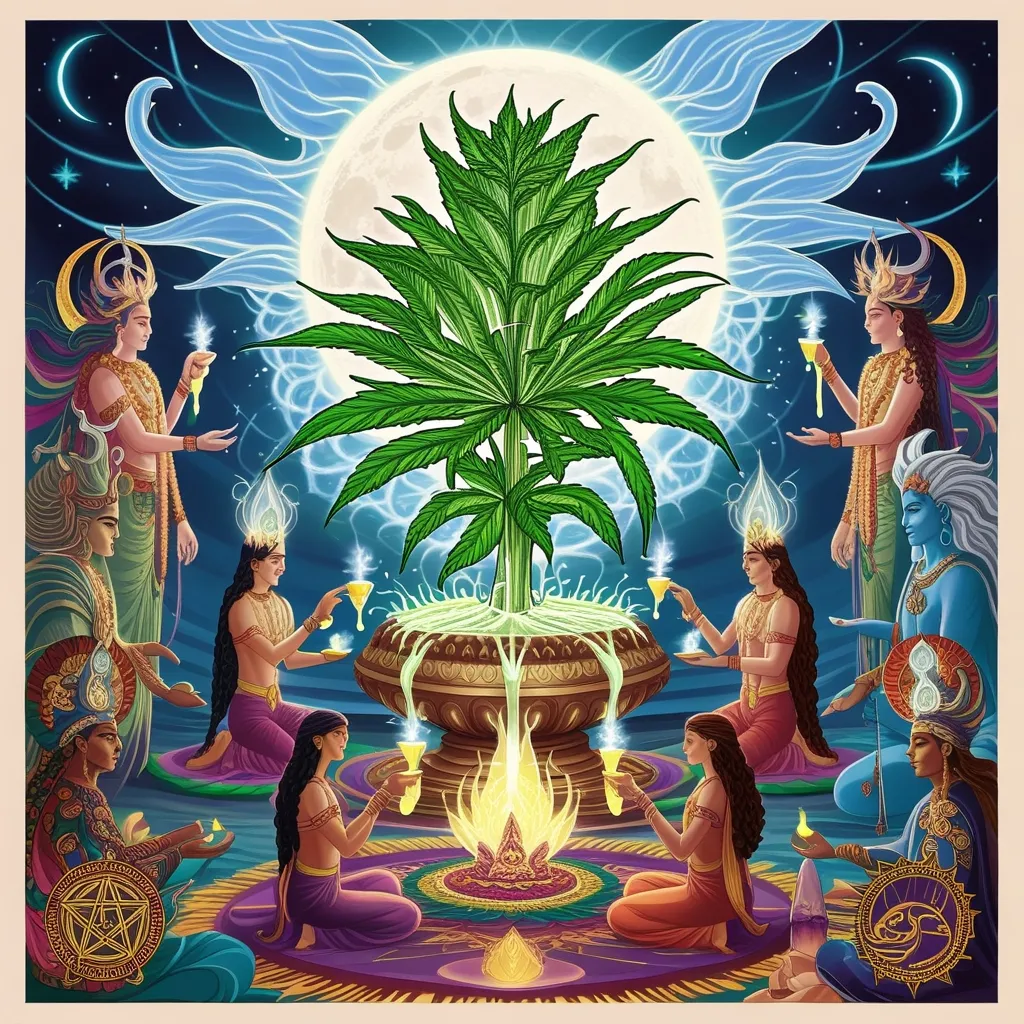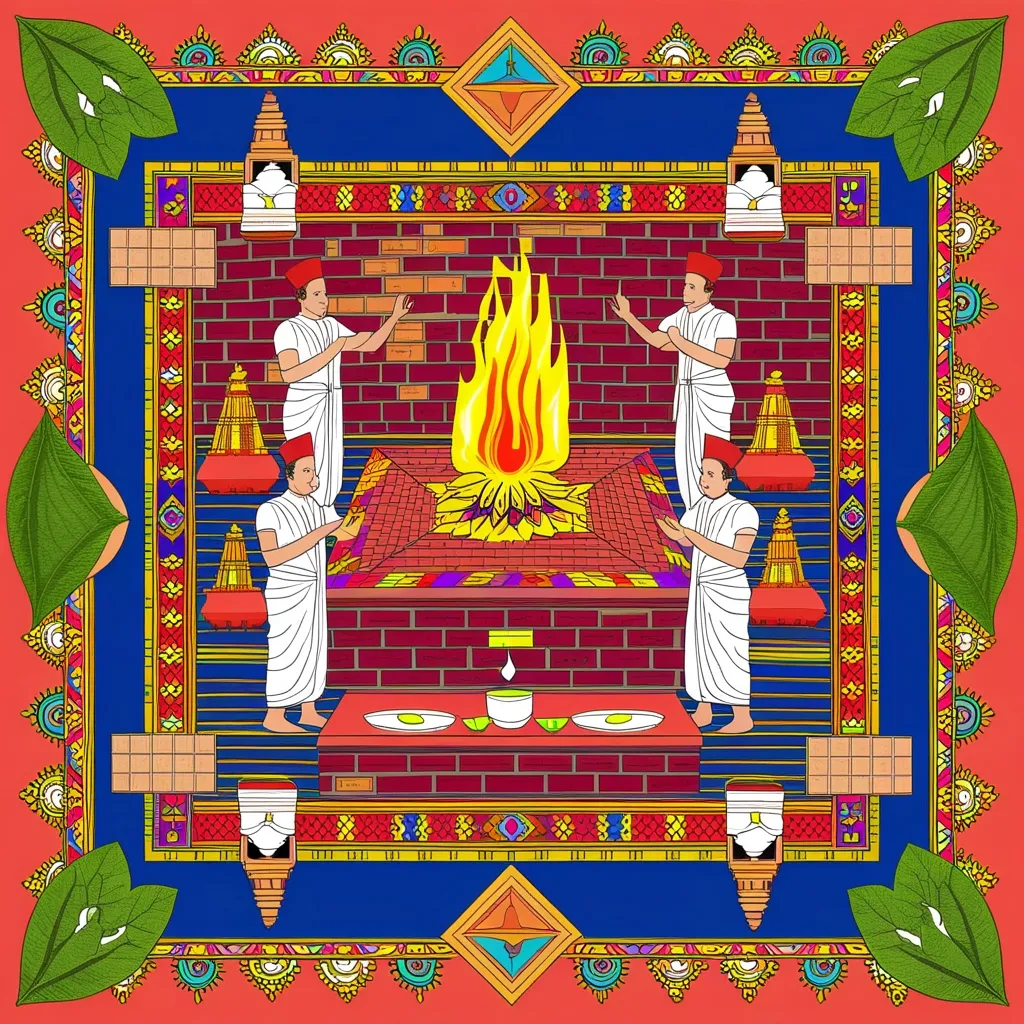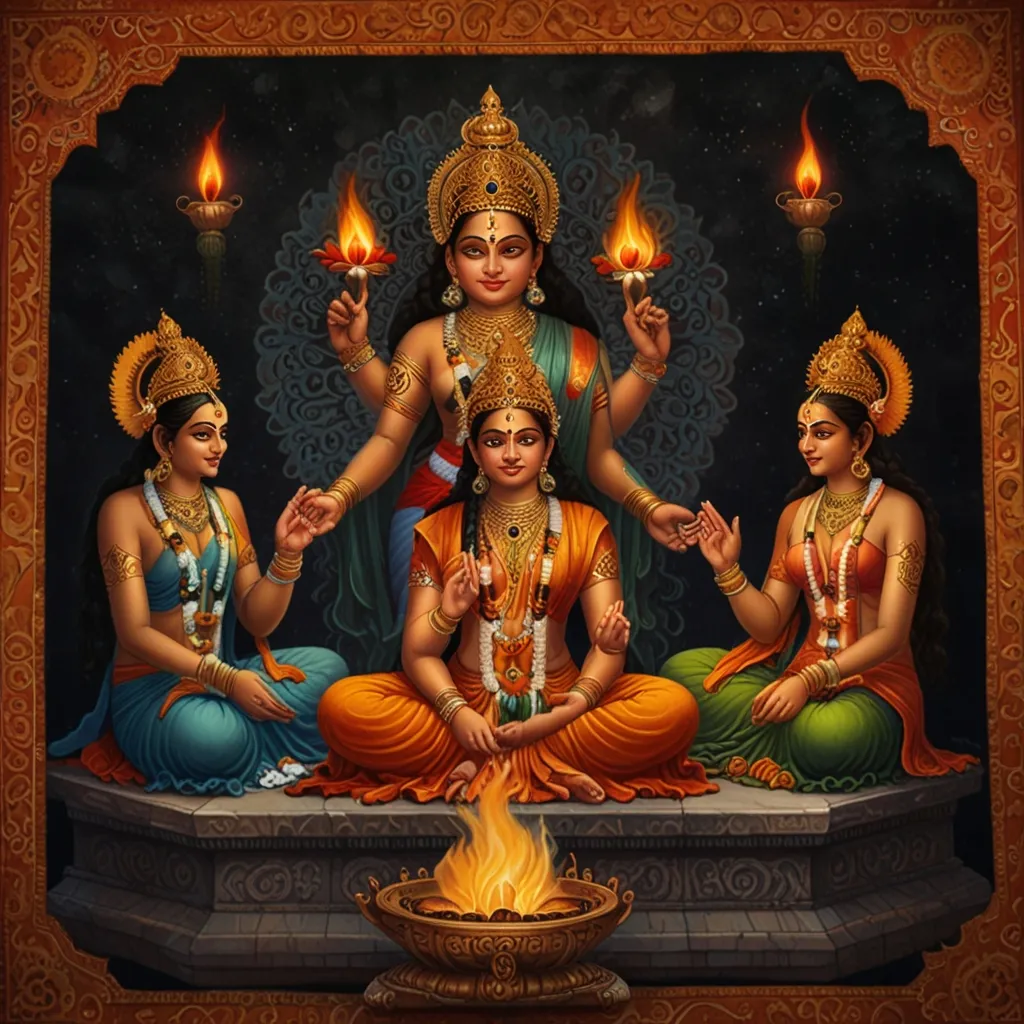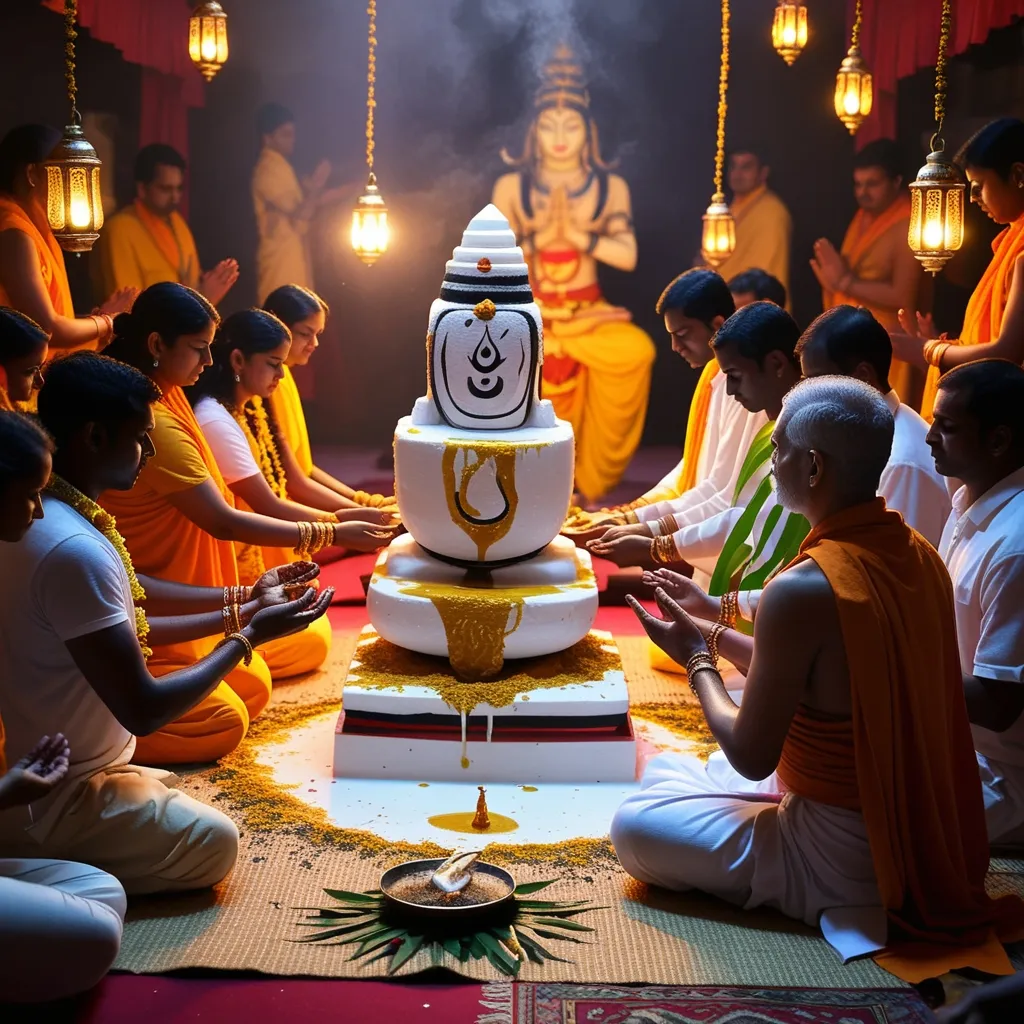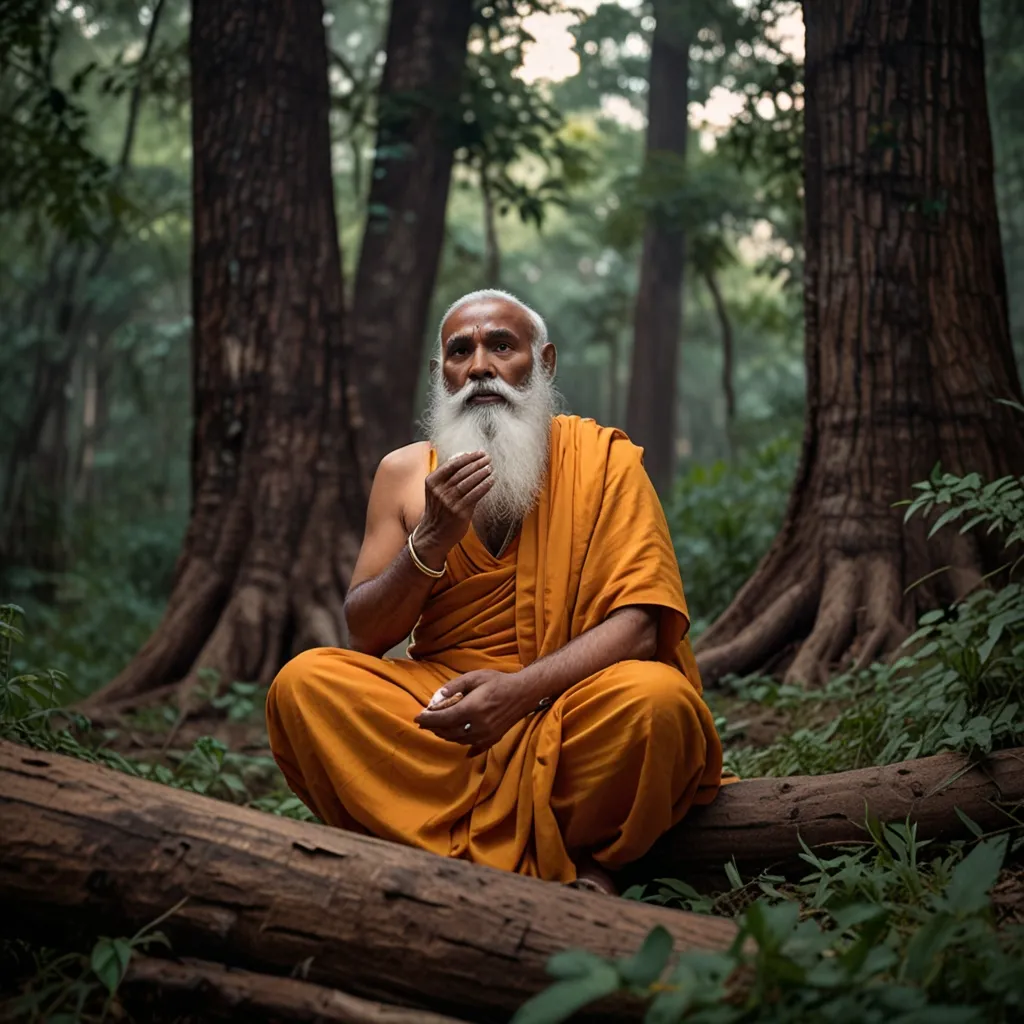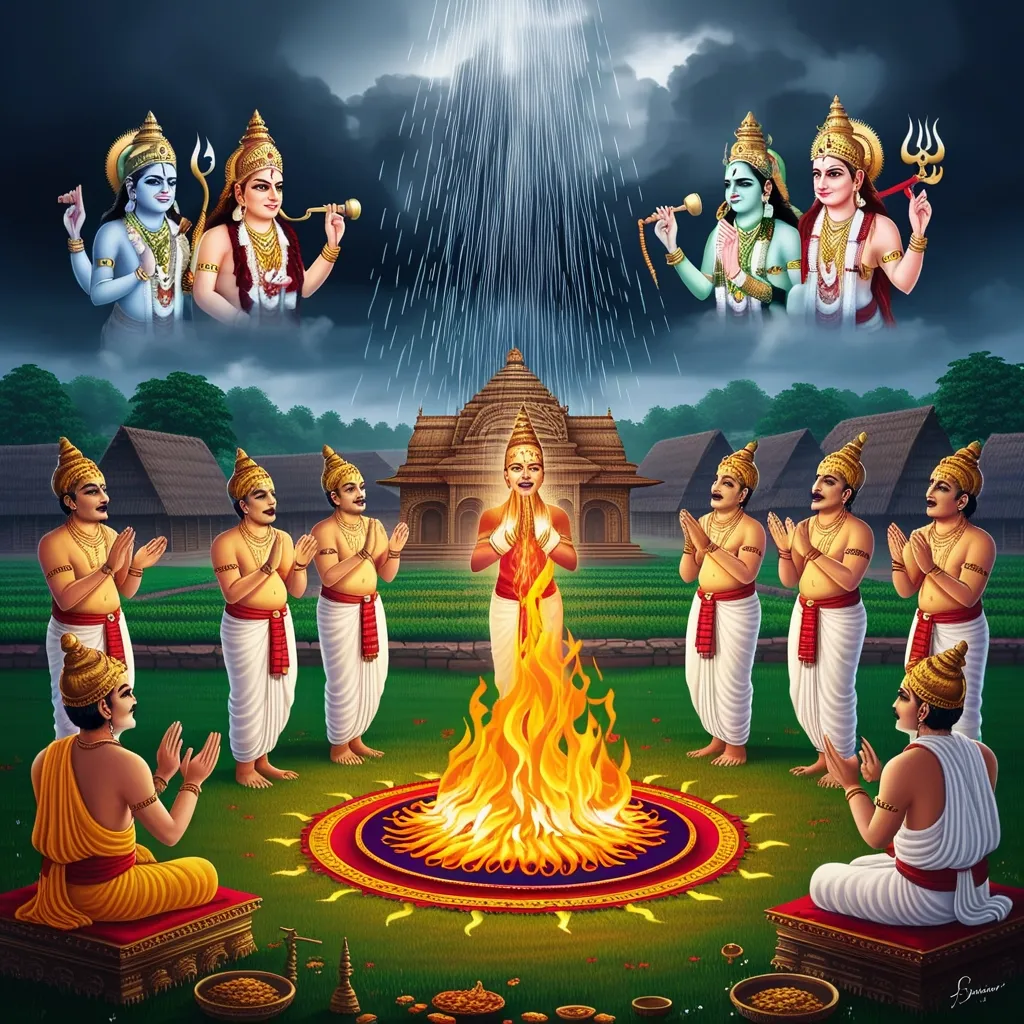In the vast universe of Hindu mythology, there’s one name that stands out like a shining star – Soma. This isn’t just any ordinary name; it’s a deity and a substance wrapped in mystery and immense significance. Often dubbed the “elixir of life,” Soma takes center stage in many Vedic rituals, especially those recounted in the Yajur Veda. It’s genuinely fascinating how a drink can hold such a treasured place in ancient traditions!
Soma, the God of inspiration, is something of a superstar among the deities. Imagine a divine intoxicant that not only stirs the minds of mortals but also lures the gods to places of worship. The Rigveda, one of the oldest sacred texts, goes all out in its Ninth Mandala to sing praises of Soma. It’s like hitting the deity hall of fame, with Soma getting more mentions than most others, only trailing behind Indra and Agni.
Soma’s got a bunch of cool nicknames too, like Indu and Pavamana. He’s celebrated for the sheer joy and strength he brings to both gods and humans. Think of him as this cosmic energy drink that boosts powers so much that Indra could slay the ferocious serpent Vritra, and Agni could keep his fires burning. Soma makes the Sun shine brighter, the stars twinkle more brilliantly, and the dawns more beautiful – talk about star power!
But what in the world is Soma made from? Well, it comes from what’s often called the king of plants – the Soma plant itself. This plant is like the VIP of herbs, believed to purge sins and shower bliss. The juice, known as Soma rasa, is where the magic lies. This isn’t just any ordinary juice; it’s seen as a divine concoction that can grant mortals a touch of the divine. Rituals where Soma rasa is extracted and consumed are loaded with spiritual significance; it’s the stuff of legends.
These rituals get pretty elaborate, especially the Soma sacrifice or Somayajna. Picture several days of preparation, the serious consecration of the sacrificer, bargaining for Soma stalks, and a bunch of purificatory rites. Every step is like a well-choreographed dance meant to appease divine forces. In these rituals, Soma juice is typically offered to Indra, giving him a power boost to tackle cosmic chaos, including taking down monsters like Vritra.
Over the centuries, Soma didn’t just stay as a plant or a drink. People began to see it as something more celestial, like the Moon. Yup, you read that right! In texts like the Atharva Veda and the Brahmanas, Soma is essentially the Moon being consumed by the gods, which causes its phases, or waning and waxing. Intriguing, isn’t it? The Chandogya Upanishad goes even further, calling the Moon “King Soma,” making it the celestial food of the gods.
Aside from its religious and ritualistic uses, Soma was also a big deal in the realms of magic and medicine. The Atharva Veda goes heavy on this, linking Soma with various powerful amulets and charms. The idea that the gods feed on the Soma plant’s stems, with the plant being inexhaustible, speaks volumes about its perceived divine qualities.
Soma is tight with Rudra too, who later became synonymous with Shiva. Some texts even depict Soma chillin’ with Rudra. This connection goes deep, especially with Shiva getting names like Somnath and Chandrashekara (Moon-adorned). This partnership conveys the mystical vibes Soma has with concepts of immortality and spiritual liberation.
Now, getting Soma juice isn’t as simple as heading to the nearest grocery store. The extraction process is a ceremonial affair. It all starts with buying Soma stalks from a Brahmin seller called Somavikrayin. Imagine a ritualistic chat – kind of like an ancient, sacred negotiation – which is one of the earliest instances of drama in Vedic literature. Once you score the stalks, they’re pressed for that precious juice, which is then offered to the waiting gods.
But Soma’s magic isn’t just confined to rituals. It’s got a broader, more symbolic swagger. It’s about tapping into the divine and achieving a piece of immortality. Drinking Soma is believed to grant eternal wisdom and divine insight – like a spiritual enlightenment potion. Various hymns herald attaining Soma as akin to achieving the ultimate light and wisdom.
Soma stands as a cornerstone in the grand tapestry of Vedic rituals and mythology. Its ties to the Moon, its ability to bestow divine power, and its applications in magic and medicine shine a light on its multifaceted elegance. The meticulous rituals around Soma extraction and consumption speak volumes about the reverence held for it. Indeed, Soma is an eternal thread in the rich spiritual and cultural heritage of Hinduism.
